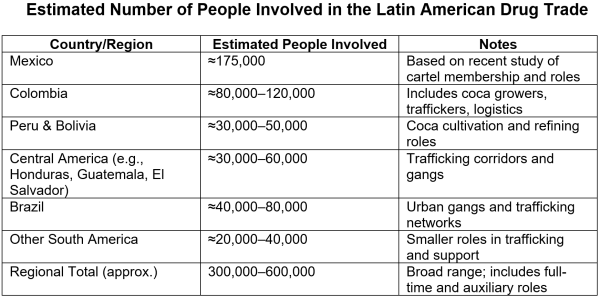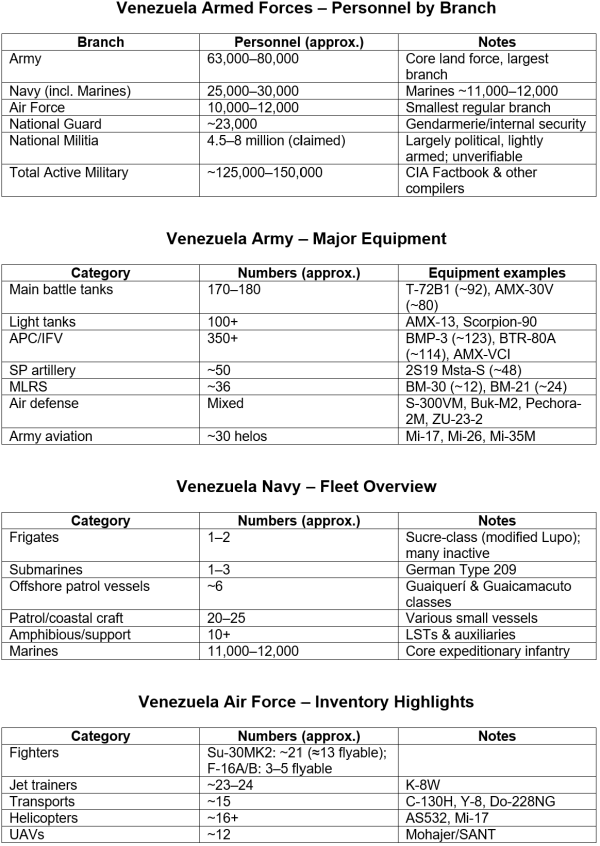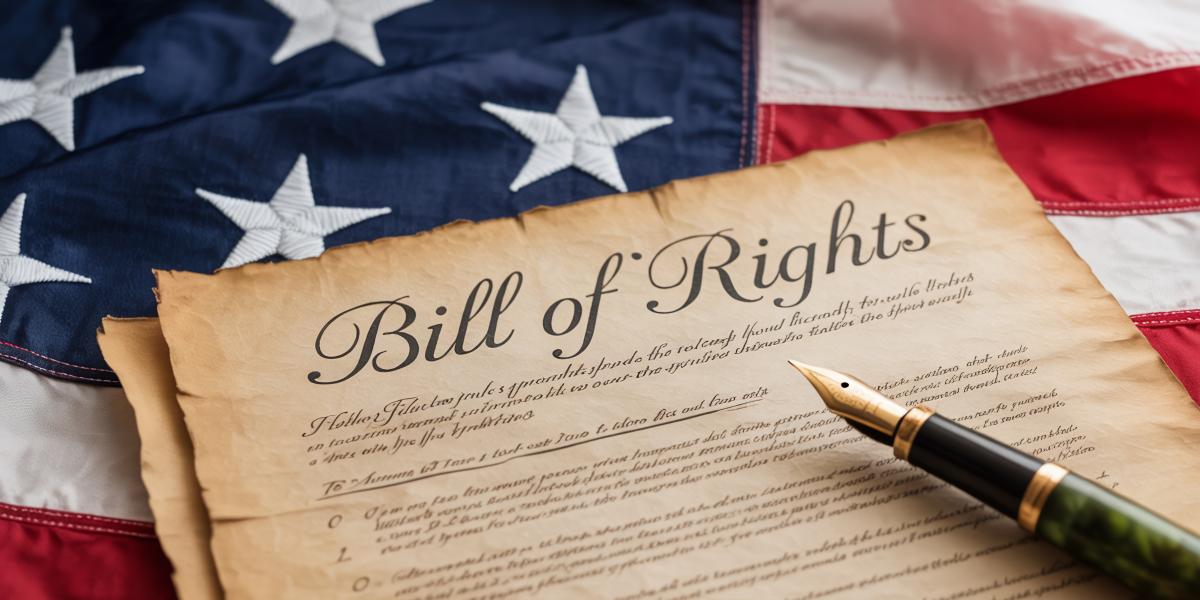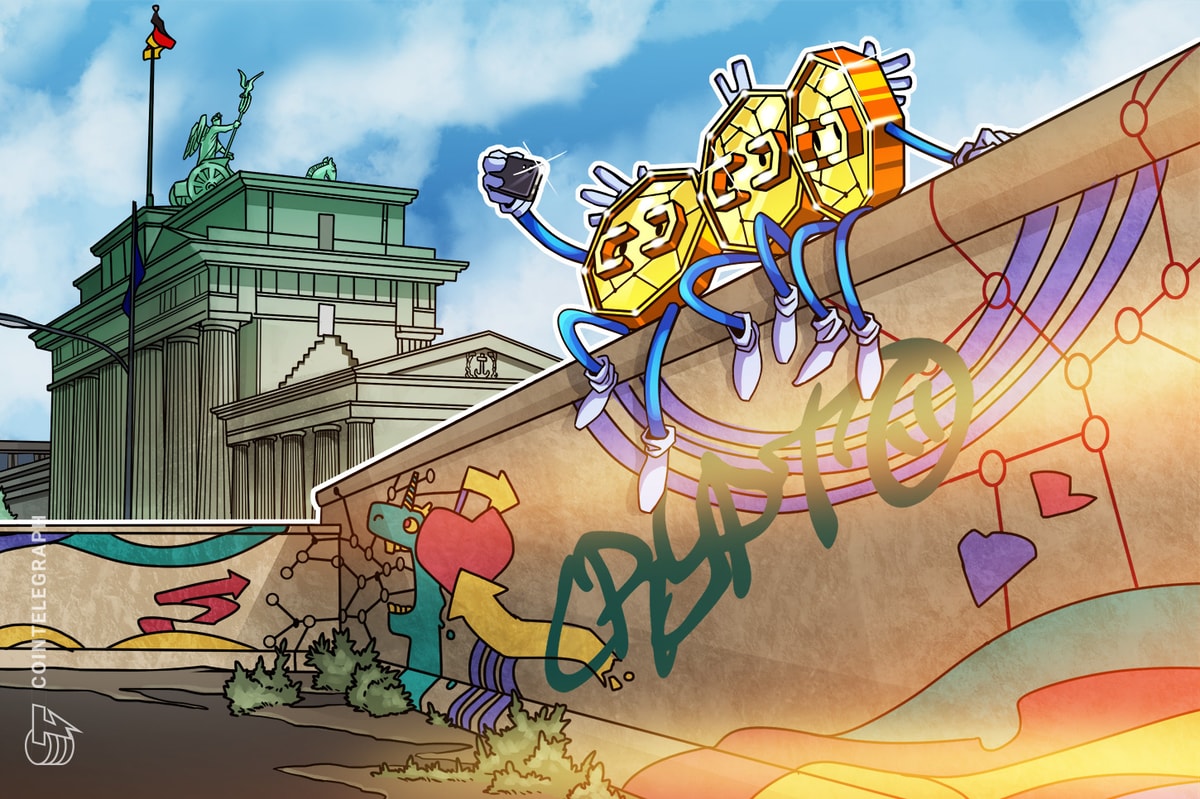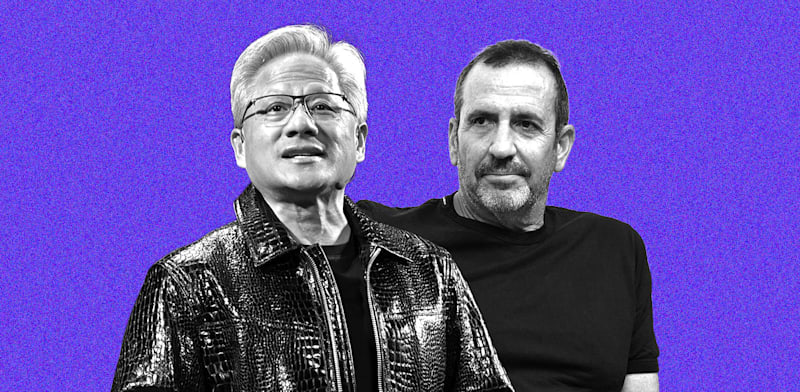Among firearms pastimes, plinking, casual shooting at cans, offers a useful analogy for the Trump administration’s growing military activity in Latin America. I will describe the likely reasons for this political development and some possible consequences.
The Political Fungibility of U.S. Military Violence
Trump is not known for deep policy expertise, but his political instincts are sharp, and he has shrewdly determined that his base does not discriminate among the targets of U.S. military attacks. Many of Trump’s political supporters take pleasure in seeing violence inflicted on any “enemies” of the U.S. Trump’s understanding of the political fungibility of military violence partially explains his decision to use the U.S. military against Latin American countries.
Attacking non-state actors and/or weak regimes in Central and South America is a far less costly and risky undertaking than confronting peer-level, nuclear-armed adversaries like Russia and China. America’s imperial history is starting to run in reverse. Rather than continuing the global expansion begun in the Spanish-American war, it is now shrinking back to gunboat diplomacy in the Western Hemisphere. Trump has already begun military anti-drug operations in South America with a strike destroying a boat allegedly transporting drugs off the coast of Venezuela. Such activity will likely continue for the rest of his term.
Killing Narcos
Unleashing the U.S. military on narcotraficantes is an easy plinking exercise for Trump. The sheer number of targets and the relative immunity of U.S. forces engaging lightly armed personnel make it politically attractive. Trump is already staging F-35 attack aircraft and weaponry in Puerto Rico to support such a campaign. The drug trade can be attacked militarily at every point of fabrication and transportation. Assassination of drug cartel leaders is also likely. Videos of these strikes will be politically rewarding for Trump because his followers confuse the theater of violence with effective foreign policy.
. @POTUS “This morning, on my Orders, U.S. Military Forces conducted a SECOND Kinetic Strike against positively identified, extraordinarily violent drug trafficking cartels and narcoterrorists in the SOUTHCOM area of responsibility. The Strike occurred while these confirmed… pic.twitter.com/KQYiEpqsGb
— DOW Rapid Response (@DOWResponse) September 15, 2025
Even massive strikes won’t end the drug trade; poverty ensures an endless supply of recruits. Workers and couriers are easily replaceable, and gangs are quickly reconstituted after leaders are eliminated. Indeed, suppressing dominant drug cartels has historically increased violence because it triggers turf battles among the surviving gangs.
Seizing the Panama Canal
If Trump’s supporters tire of watching narcos die, the next level of military spectacle would likely be an invasion of Panama to seize the canal. This would be a quick rerun of the 1989 invasion. Panama has no ability to resist such an attack.
In December 1989, the United States launched Operation Just Cause, a swift military intervention to depose Panamanian leader Gen. Manuel Noriega. The U.S. cited four main reasons: safeguarding approximately 35,000 American citizens in Panama, defending democracy after Noriega annulled opposition election victories, combating his involvement in drug trafficking, and protecting the Panama Canal and associated treaties.
About 27,000 U.S. troops and 300 aircraft overwhelmed Panama’s forces in a week; Noriega surrendered after taking refuge in the Vatican Embassy. The invasion installed Guillermo Endara as Panama’s president; restored U.S. control over the Canal area’s security; and signaled Washington’s willingness to act decisively in its hemisphere. However, it drew international criticism for civilian casualties and was condemned by the United Nations General Assembly as a violation of international law.
Attacking Venezuela
The U.S. has sought to bring down the socialist regime in Venezuela through economic sanctions and clandestine means ever since Hugo Chavez came to power in 1998. Nicolas Maduro, Chavez’s successor, has weathered multiple U.S.-sponsored attempts to replace him, and it is possible that Trump may be able to justify a military invasion by depicting Venezuela as a haven for drug traffickers. Venezuela would be a much tougher challenge for military action because of its population (28 million), its diverse geography, and the size of its military.
Venezuela’s long coastline makes it vulnerable to naval blockade and amphibious invasion, but the interior of the country has rivers, mountains, and jungle regions that would be military obstacles. Venezuela’s large militia forces could mount a defense of densely populated urban areas. A determined insurgency could inflict casualties on occupying forces for many years. The casualty-averse U.S. public might turn against this war, as it has against prior military quagmires. The international political blowback from a U.S. invasion of Venezuela would be considerable. Brazil, Argentina, Colombia, Chile, and Peru could become more hostile to the U.S. and shift their economic ties toward Europe and China.
The armed forces of Venezuela are far more numerous and better equipped than those of Panama. Although incapable of defeating U.S. invasion forces, they would be able to inflict significant casualties over months of fighting.
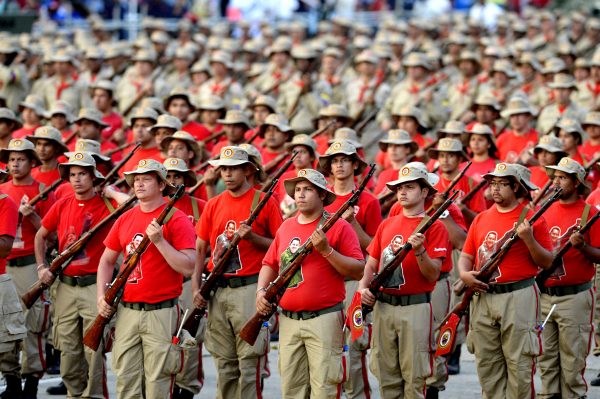
Venezuelan militia – millions serving
Although Trump is unlikely to mount a full-scale invasion of Venezuela, he may launch a series of attacks on Venezuelan military facilities to intimidate the government and precipitate regime change. Venezuela’s protests to the U.N. and the international community would likely be fruitless.
The Israeli Precedent
Israel’s repeated cross-border strikes have highlighted the U.N.’s inability to curb aggression by U.S.-backed states. Trump may expect similar impunity in Latin America. This means that much of Central and South America may become a free-fire zone for the U.S. military, with negative long-term consequences for the international standing of the U.S. Just as Israel faces growing political isolation because of its rogue state behavior, the U.S. will increasingly be viewed as a reckless and irresponsible player on the world stage.
An Ill Wind
Trump’s gratuitous violence toward Latin America is bad news, but if it diverts him from nuclear confrontation with Russia or China, it may be the lesser evil. Plinking narcos may bring a political boost to Trump, but a trigger-happy policy toward Latin America will leave another mess for his successors.


